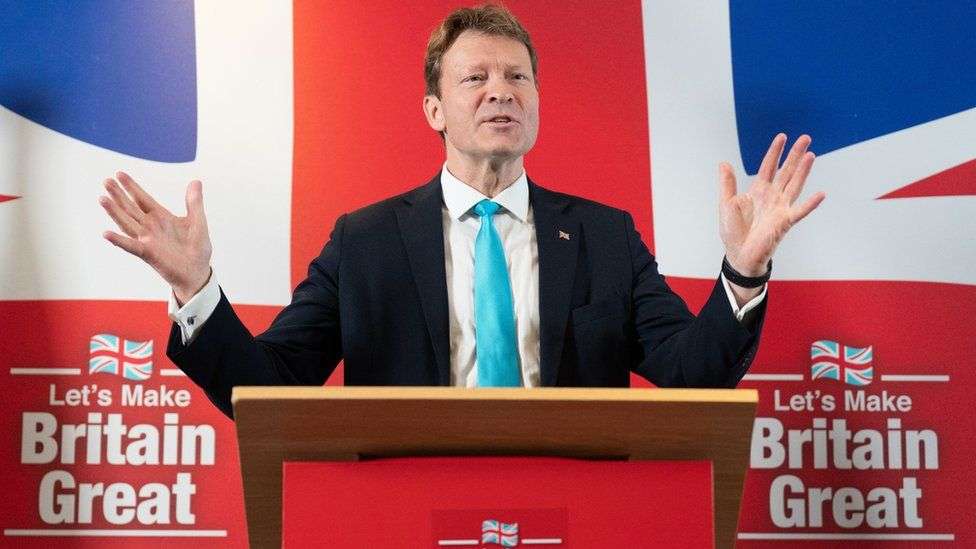NHS waiting lists could top eight million by next summer, even if doctor strikes cease, according to modelling work by the Health Foundation charity.
It says industrial action has only contributed a small amount, lengthening the list by about 210,000 or 3% of the 7.75 million total by August.
Chronic shortages of NHS staff and funding are the main driver, it says.
NHS England says more than one million appointments and procedures have had to be rescheduled because of NHS strikes.
That figure includes walkouts in England by nurses and other healthcare professionals who were asking for better wages.
The modelling is not a nailed-on prediction or projection. It is an attempt to understand what is happening to waiting lists for patients and claims:
- A worst-case scenario could see strike action continue, and growth in hospital activity a third lower than current trends at 5.2% a year, resulting in the waiting list continuing to grow and reaching 8.4 million by the end of 2024
- A better-case scenario could see strike action stop and the rate of hospital activity growth increase by a third to 10.4%, with the waiting list peaking in October 2023 and then falling to below 7.2 million by the end of 2024.
Both NHS England and the Health Foundation say NHS work has ramped up to see more patients and clear the backlog - monthly referrals for treatment are now back to pre-pandemic levels, and growing at a faster rate, which is a "positive" sign.
But the waiting list is still rising as the number of treatments does not yet exceed the number of referrals.
Behind all the numbers are "people anxious for a diagnosis, patients in avoidable pain and lives put on hold", says Charles Tallack, from the Health Foundation.
Patients are waiting for treatment ranging from hip replacements to surgery to remove cancerous tumours.
He said: "The pandemic heaped further significant pressure on an already stressed system, but waiting lists were already growing long before Covid."
An NHS spokeswoman said there had been important progress in bringing down the longest waits: "Two-year waits have been virtually eliminated and waits of more than 65 weeks have more than halved."
She stressed that the NHS was still seeing high levels of demand.
Tim Mitchell, president of the Royal College of Surgeons of England, said: "To tackle waiting lists in a meaningful and sustainable way, we need transformative solutions.
"Continuing to invest in surgical hubs across the country, focusing on the areas with the longest waits, would allow surgeons to operate more efficiently. Hubs protect planned surgery from stoppages during busy periods when resources are diverted to emergency pressures.
"Crucially, we must also improve staff morale and retention. The government's commitment to grow the healthcare workforce is welcome. However, recruiting new staff is only half of the solution. Providing a supportive, well-resourced working environment is vital."
The British Medical Association, which is a union for doctors, said: "Doctors have gone on strike precisely because it is only with a fully staffed and fully valued NHS that elective care can be put back on a path to normality.
"Time is rapidly running out to get credible pay offers on the table, which would both end strikes and boost the recruitment and retention the workforce needs."








